ARTICLE AD BOX
By Bethany Bell
BBC News, Greece
Image source, Reuters
Image caption,The megafire on Evia led to thousands of residents fleeing their homes
World leaders at the COP26 summit in Glasgow are under pressure to respond to global warming, and intense heatwaves and frequent forest fires are becoming an increasing threat around the Mediterranean.
This summer alone Greece was hit by thousands of wildfires, fanned by its worst heatwave in decades. Turkey, Italy and Spain all witnessed dramatic fires in recent months and the fire on the Greek island of Evia was the biggest in Greece since records began.
What happened on Evia was a megafire, an intense conflagration, which took almost two weeks to bring under control.
With more heatwaves forecast for future summers, there are fears that megafires could become the new normal.
"We never expected this," says Nikos Dimitrakis, a farmer who was born and raised in northern Evia. "We thought a part might burn, as in previous fires. But now the entire area was burned."
Greeks evacuated the island as the fires turned the sky orange
When the fire reached his land, he told me there was no-one there to help. Surrounded by flames, he grabbed tree branches in a desperate attempt to put out the blaze.
"The fire was coming uphill, there was so much noise and I was just sitting and watching. At some point I burst into tears and left. There is nothing you can do unless you have a fire truck nearby, something. Alone, what can you do?"
Like many people in Evia, Nikos relied on the forest for his livelihood.
"We lost our treasure, our forest, we lived from it. We lost our pine trees from which we'd take resin, we lost the chestnut trees, we lost some walnut trees. The point now is how the state will support us."
Image source, Reuters
Image caption,This drone image captured the charred landscape in the village of Rovies on Evia in August
Nikos says the authorities mishandled the fire. "I feel angry, because I didn't expect this catastrophe to happen. For sure, climate change is a factor but the fire shouldn't have been allowed to grow so big. They are responsible. They burned us and they know it."
Many locals say the authorities didn't do enough to stop the spread of the blazes, but firefighters say this year's megafires were unprecedented.
'Not just a Greek problem'
Lt Col Stratos Anastasopoulos, who is responsible for co-ordinating fire-fighting aircraft across Greece, took me up in a helicopter to see the extent of the damage.
Image source, Copernicus/Reuters
Image caption,Ten days on Evia: Satellite images show how fire ravaged Evia between 1 and 11 August
In his 23-year career he can't remember anything like it.
"It was a war... because we had a lot of fires all over in Greece - almost 100 fires per day for five or six days at a time. So it was very, very difficult for us."
Weather conditions were very different this year, he says, blaming an extended heatwave and very little rain. "I think all of us we can see the climate changes. There is not only a Greek problem or American problem or Italian problem. It's a global problem."
Greek Prime Minister Kyriakos Mitsotakis this week blamed climate change for the extent of the damage.
"The climate crisis is here," he said. "We have done what was humanly possible but that was not enough."
While he admitted mistakes had been made in the response, the "intensity of the phenomenon overcame many of our defences".
More than 50,000 hectares (193 sq miles) of forest were burnt in northern Evia alone. It took almost two weeks to bring the fire under control.
The damage will be felt for years to come.
The fires on Evia have left a dead landscape devoid of tree cover
Foresters say the pinewoods will eventually regenerate if they can be protected from future fires - but the trees will take up to 30 years to grow back.
There is a real danger of erosion and flooding when the rains come this winter. The forestry department has hired local teams to use logs to form makeshift terraces to stop landslides.
Over the next months they will have to cut down dead wood all over northern Evia to make space for new trees to grow.
'I learned to fight fires because I had to'
Elias Ziritis, a wildfires expert with the World Wildlife Fund, says pine forests can cope and even thrive with fires every 30 to 40 years. But he fears that they won't be able to regenerate if fires happen too frequently.
"I'm very confident about nature, nature is going to do the work," he told me. "The Mediterranean forest is used to forest fires. It's part of their rehabilitation mechanism. But while I trust nature, what I don't trust is humans."
'Solve the cause of fires'
Elias, who is also a volunteer firefighter, fears the authorities are in danger of lurching from one crisis to another.
Without greater focus on prevention, he is concerned that megafires will happen again and again.
He wants better forest management, clearing away flammable forest fuel, such as broken branches and dead leaves, especially in areas where housing is very close to the woods.
"The politicians here in Greece say the problem of forest fires is climate change. But, you know, climate change is just one of the criteria for more intense forest fires."
BBC
Forest fires don't start from climate change. If you don't solve the causes of fires, you have done nothing.
That is why he believes people should be prepared to adjust to a new reality of more heatwaves, and more days of fire danger.
"Ask our colleagues in Spain, Portugal, Italy, or Turkey: they'll tell you the new trend in forest fires is megafires - megafires that are affected by climate change."
And his answer to climate change is to believe in prevention.
You can watch Bethany Bell's Our World programme on forest fires on 6 November on BBC World TV and the News Channel and on the BBC iPlayer.
The COP26 global climate summit in Glasgow in November is seen as crucial if climate change is to be brought under control. Almost 200 countries are being asked for their plans to cut emissions, and it could lead to major changes to our everyday lives.

 3 years ago
37
3 years ago
37


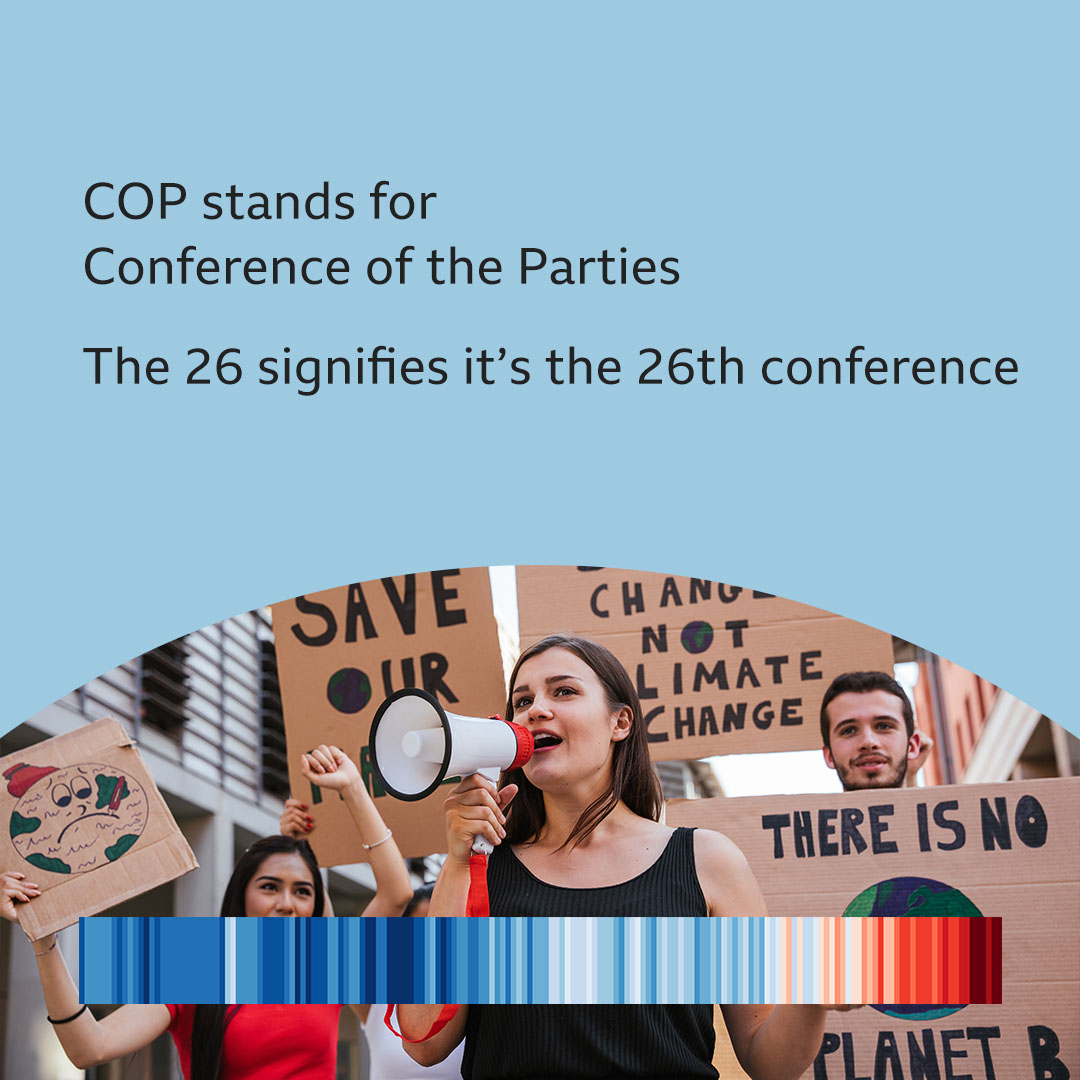
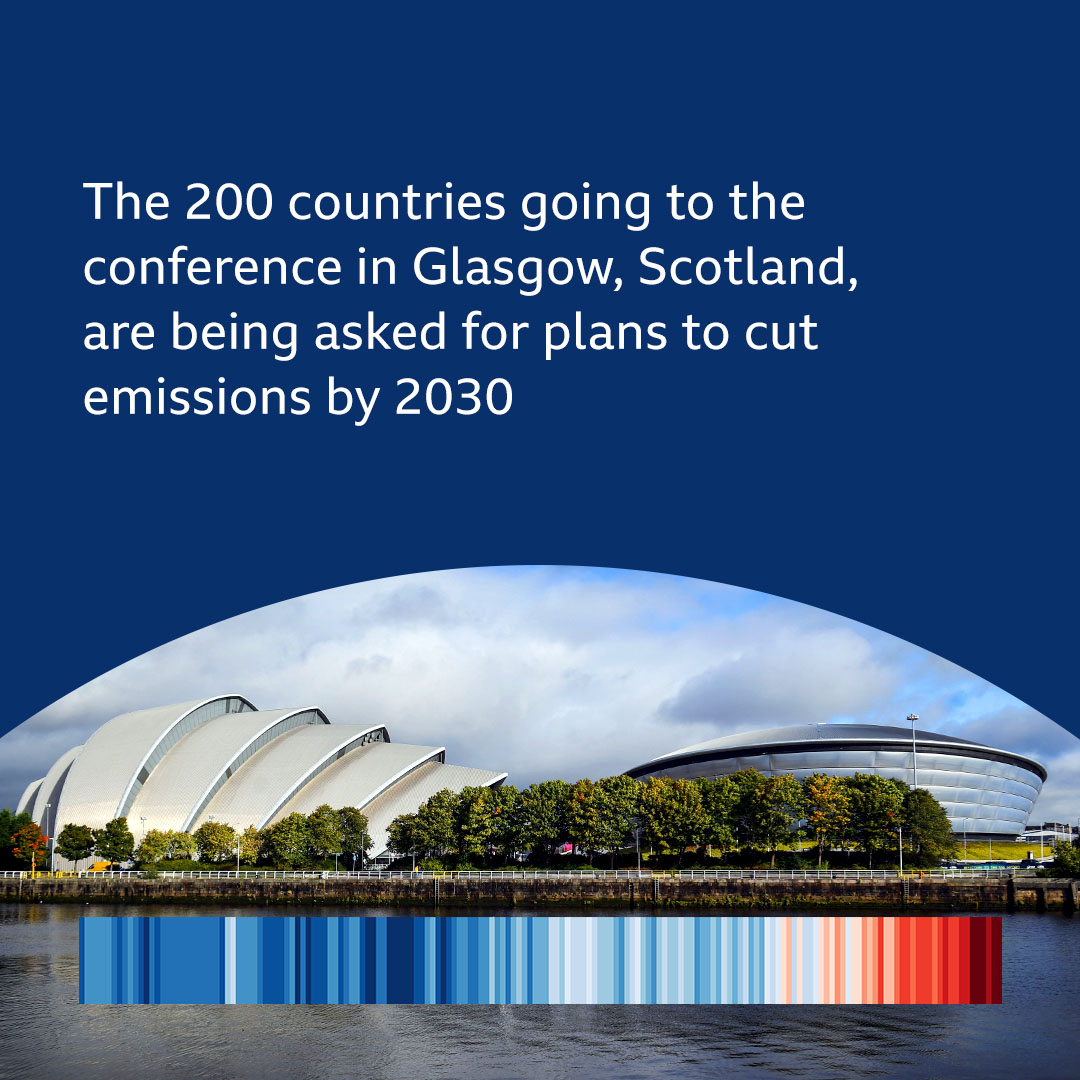
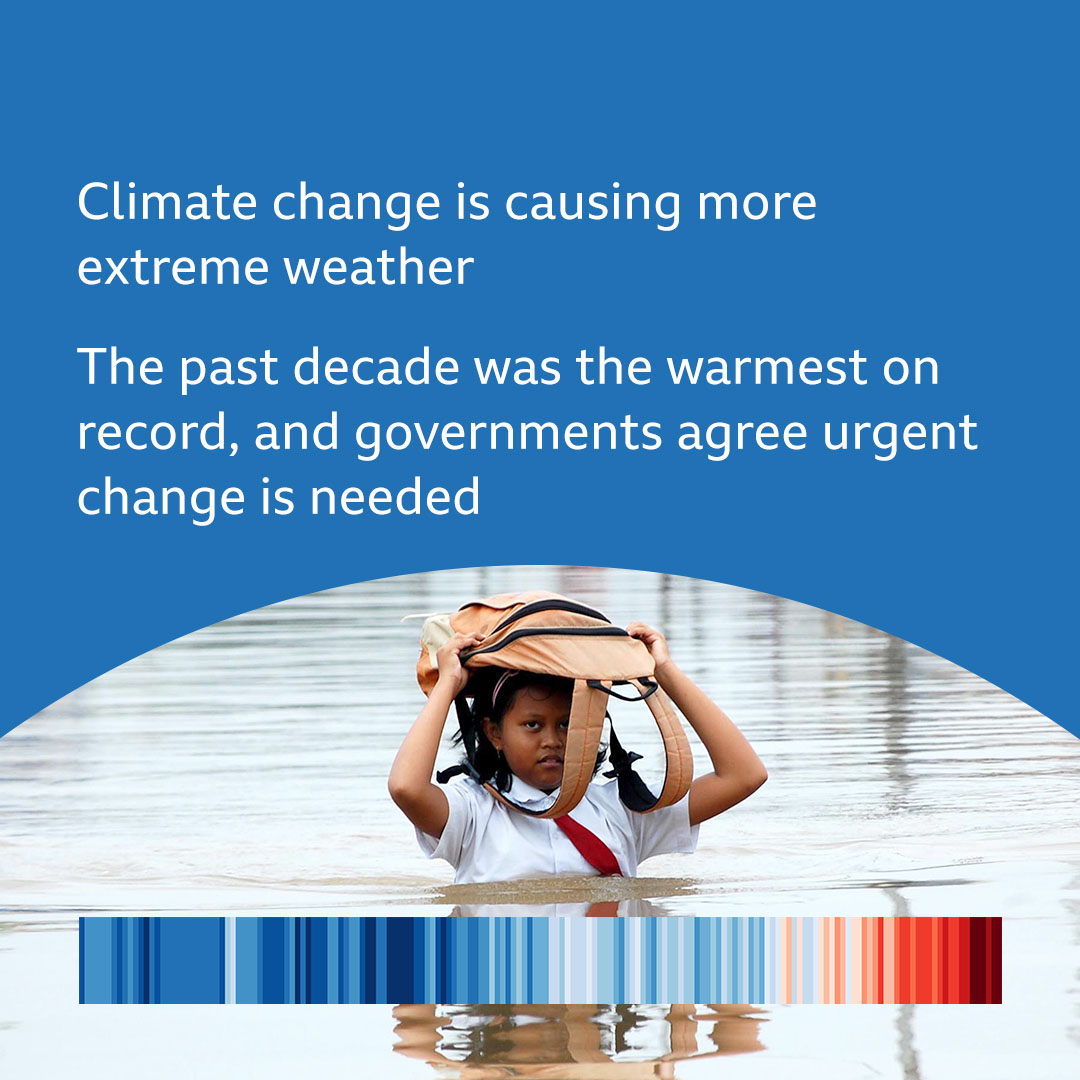
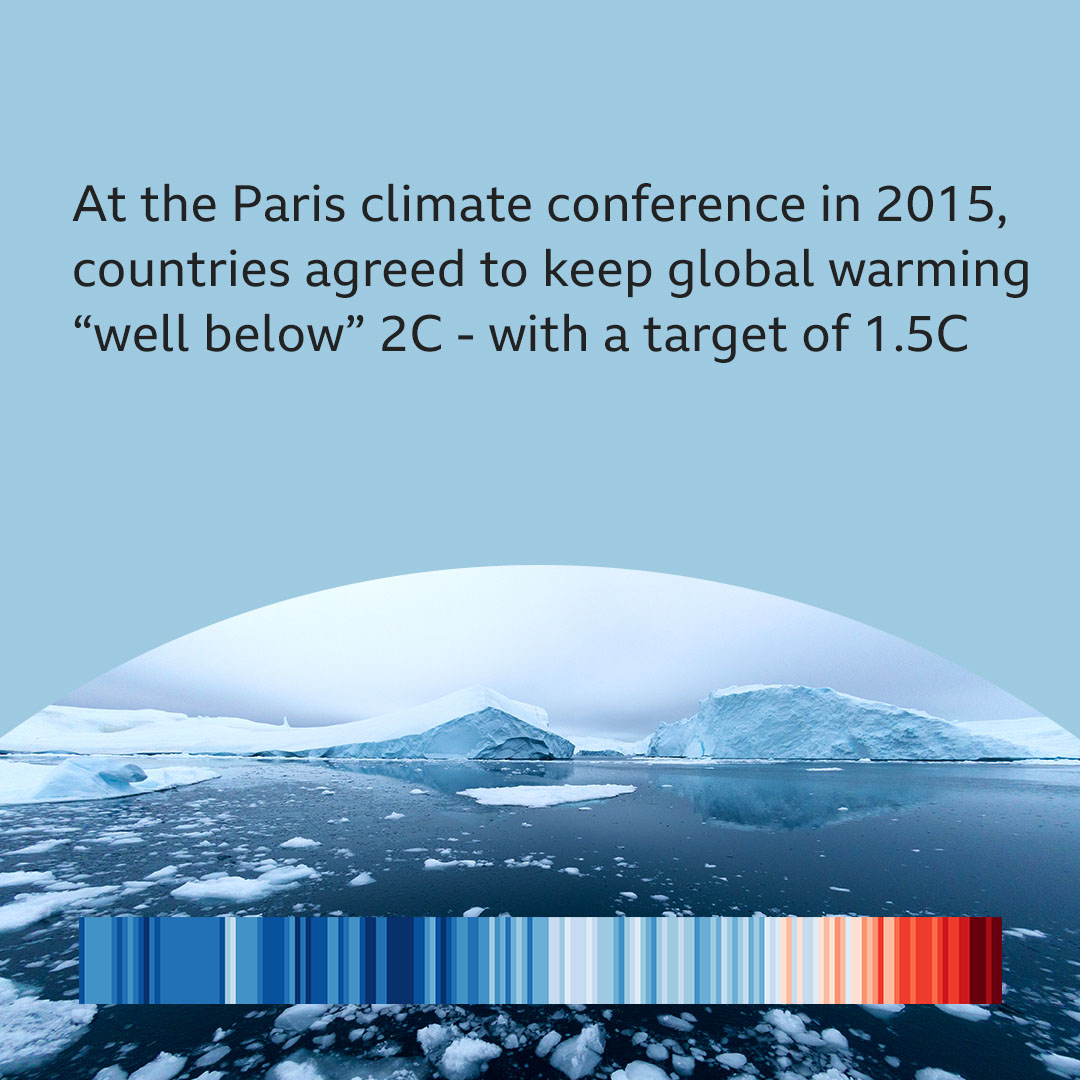
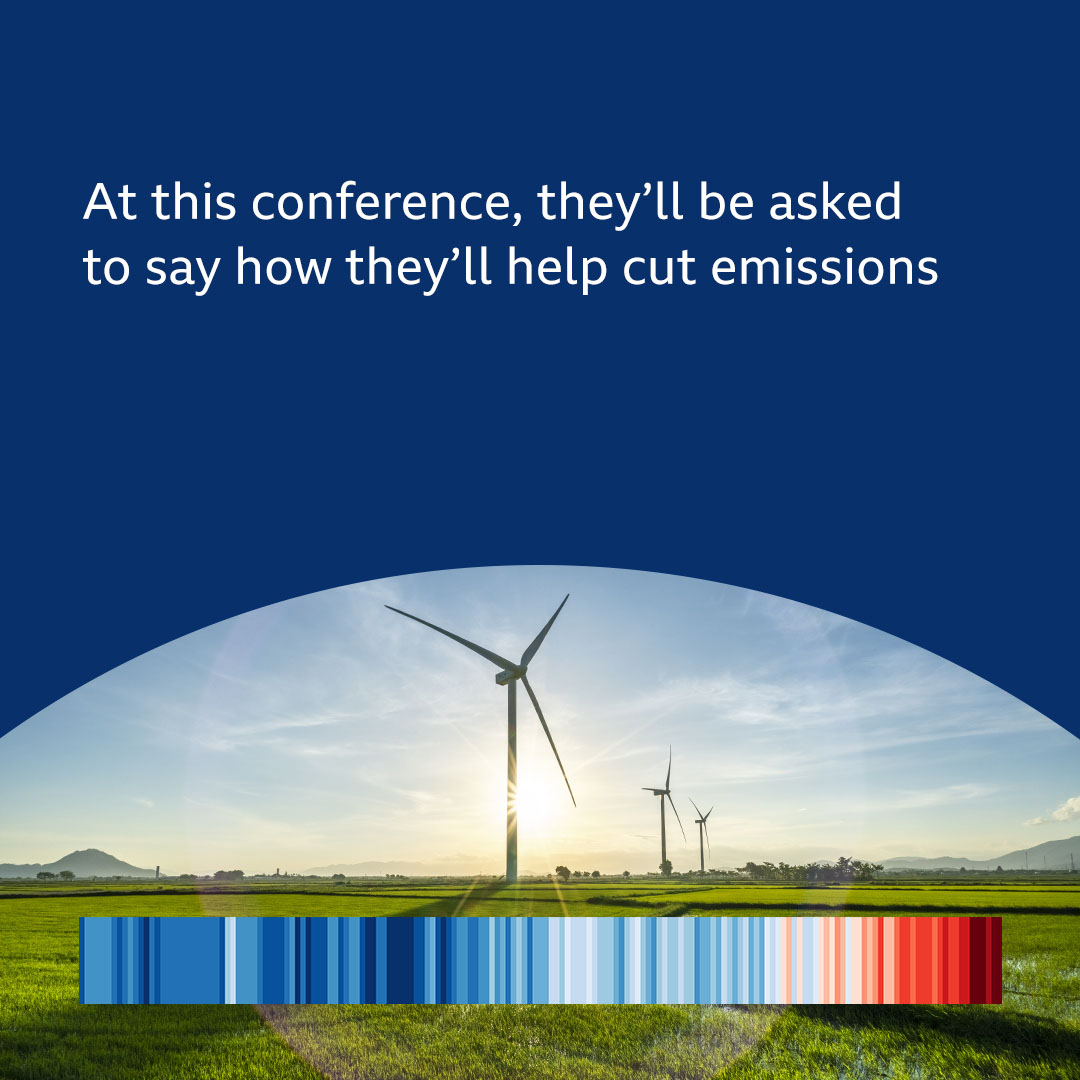









 English (US)
English (US)